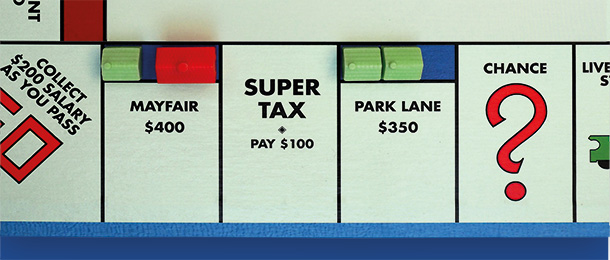The chief investment officer of a funds management firm has relayed a scenario raised by a shareholder that demonstrates the severe nature the proposed 30 per cent tax to be levied on superannuation member balances above $3 million will have for individuals whose liquidity levels are low.
“I was talking to one of our shareholders a couple of weeks ago after [the measure] was announced. He’s a farmer who lives six kilometres from a regional centre that is growing very well. He fell on tough times and had to sell half the farm to an investor, with the remaining half being held in his self-managed super fund,” Wilson Asset Management chair and chief investment officer Geoff Wilson shared during a client webinar.
Wilson noted the farmer had benefited from the recent appreciation in property prices, which has resulted in his member balance exceeding $3 million.
This means he would be caught by the new charge – a situation he has already recognised he will struggle to manage due to the nature of his SMSF portfolio and is already worried about.
“He asked: ‘How am I going to pay the tax?’ He said: ‘I’ll have to sell my farm that I’ve owned all my life because that’s the only way I’ll be able to pay the tax,’” Wilson said.
He described this scenario as an illustration of the fact the government has not thought the proposed policy through properly.
Wilson Asset Management chief financial officer Jesse Hamilton concurred that the proposed tax on the earning of superannuation balances over $3 million seems to have been rushed into existence.
“As everyone is digesting the proposal, everyone is starting to look at who it is going to impact and finding these unique circumstances,” Hamilton said.
“The Assistant Treasurer [Stephen Jones] and Treasurer [Jim Chalmers] have said [the measure] will only impact a few [people], but that just demonstrates it has not been thought out because I think it’s going to impact a lot of people in these situations.”




